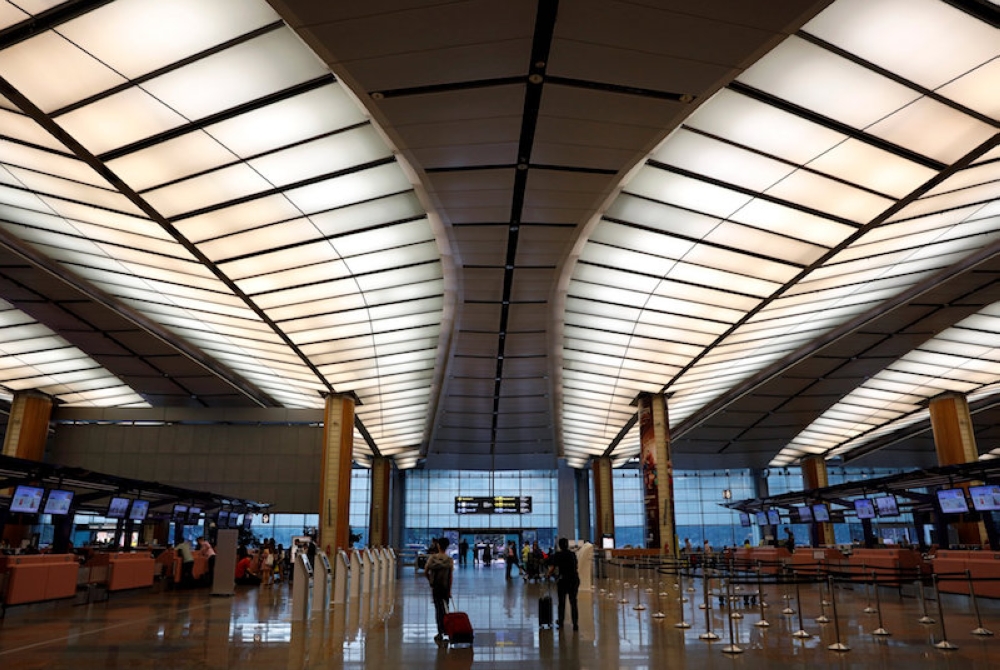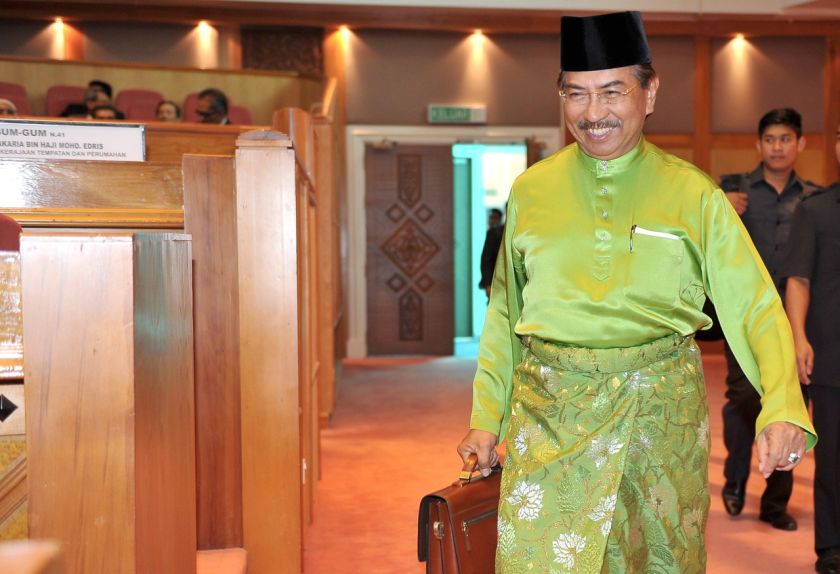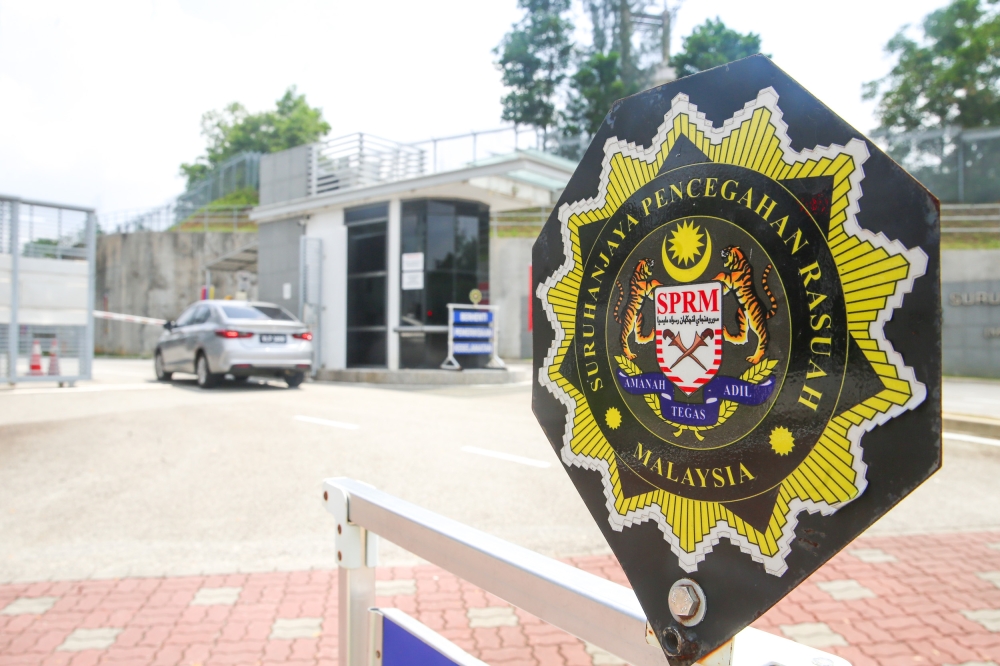KOTA KINABALU, April 9 ― The state’s move to temporarily ban barter trade in response to renewed abductions will cause “countless” people to lose hundreds of millions of ringgit from their livelihoods, warned industry players.
Tawau Chinese Chamber of Commerce president Lo Su Fui said that the immediate freeze announced this week was unwise and reckless, and could be catastrophic to the local economy.
“The Tawau economy is bound to suffer the worst from this hasty decision. The authorities are not taking into account that the trade relations is the lifeline of the industry here and once closed, will send a wave of irreparable damage to the industry that will cause a chain reaction that will lead to economic disaster,” said Lo when contacted by Malay Mail Online.
Lo said the action, although made with concern for the state’s security, was a knee-jerk reaction that did not fully consider the root cause of the continued abductions of locals and tourists by suspected Filipino militants.
He pointed out that the latest incident in which four Malaysian crewmen were abducted occurred in the high seas, far removed from the areas where barter trade thrived, adding that it was an indictment of the authorities’ limitations rather than any threat from swapping goods.
Lo said that the government should instead set up a special taskforce and engage the local community community to exchange information and listen to the views of civil society, in order to develop new effective and feasible border policy that has minimal impact on their livelihood.
“The government should not let a few people sitting inside an office make such a big impact decision that would adversely affect its own people. A cease on the barter trade will create disastrous economic consequences that will not be accepted by the people,” he said.
Sabah Chief Minister Datuk Seri Musa Aman announced that all barter trade activities in all the barter trade ports in Sabah was suspended immediately as well as all trading activities involving transhipment in the Eastern Sabah Security Zone (Esszone) area.
The move came following the latest kidnapping in the state, of four Sarawakian crew onboard a vessel near Ligitan Island, last week when armed gunmen hijacked a tugboat and forced the four to disembark while leaving six more onboard. Police have still yet to identify the kidnappers although they are believed to be in hiding in southern Philippines.
Musa said that he hoped the move will spur the Philippine government into action as well as send a message to those behind the kidnap-for-ransom activities that the state government was serious in tackling the problem.
Sandakan Zamboanga business council chairman Chai Soon urged the state government to reconsider the drastic actions as it would hurt the people of Sandakan who mostly trade with Southern Philippines.
The Tawau traders have closer relations to those in East Kalimantan, sharing a border on Sebatik Island, a short distance away from Tawau’s coast.
Chai estimated the barter trade to be worth an average of RM9 million monthly in Sandakan while Tawau, with the biggest trading port, is estimated to move around RM12 million per month.
“It will affect many people from all walks of life, who rely on the barter trade for their daily goods ― transportation companies, supermarkets, restaurants, drivers, porters ― many people are involved,” he said.
Sandakan Chinese chamber of commerce’s Chong Chang Hing acknowledged the importance of border control over the barter traders, but lamented the lack of notice given by the government.
“We understand security concerns also important but maybe the government can establish some security procedures instead like checking all boats instead of an immediate stop to all barter trade ― there must be other ways to adjust the system that will not affect the entire industry,” he said.
“As business we are objecting to the ban, but if it helps to improve the region’s security problems, we have no choice but to accept it. But we hope the state cabinet will have long term plan in the meanwhile that will not be so disruptive to the local economy,” said Chong.
He also asked that the government reconsiders the immediate ban and give local traders a grace period to clear their orders in order to minimise loss.
Abductions by foreign gunmen have become a pressing problem for Sabah in recent years, and recently prompted countries such as the United Kingdom, Australia and New Zealand to avoid nonessential travel to the east coast of the state.



















